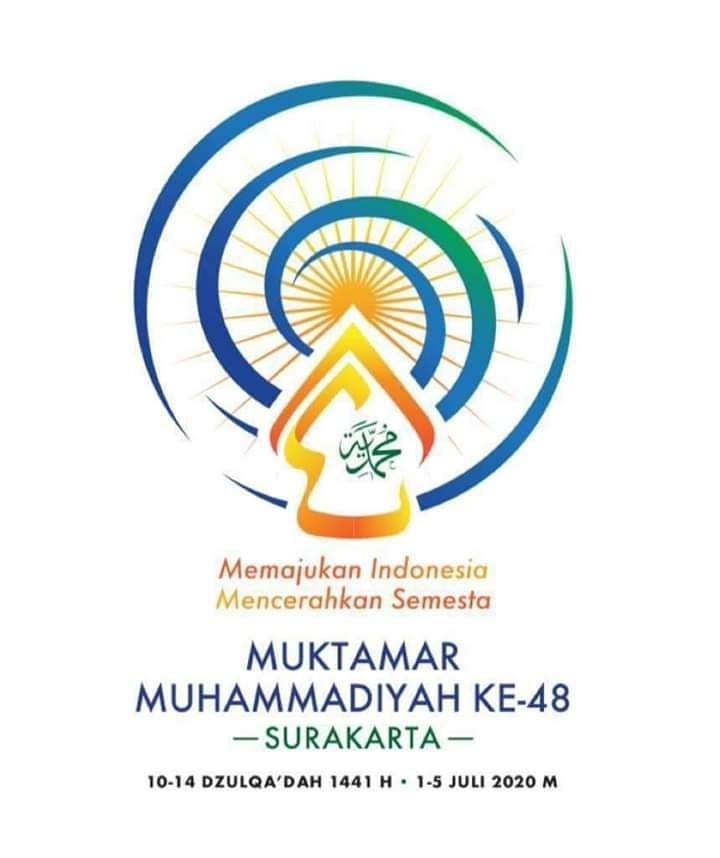MUHAMMADIYAH.ID, BANTUL – A survey by the Indonesian Child Protection Commission (KPAI) presented that 7.9 percent of fathers and 36.6 percent of mothers sought information of quality care before getting married. The data showed that their preparation and knowledge are far from ideal.
General Chairwomen of the Central Board Nasyiatul Aisyiyah Diyah Puspitarini (PPNA) explained that there have been 50 bills proposed to the House of Representatives (DPR), but the Childcare Bill is not one of the bills urged to be ratified immediately.
“The childcare bill brings enormous impacts on Indonesian children. We confront issues of child trafficking and child custody provided by parents or institutions. Therefore, roles of social organizations are essential to enhancing children’s welfare,” declared Diyah in the opening of Forum Group Discussion (FGD) of the Childcare Bill conducted by the PPNA in collaboration with Faculty of Law of Universitas Ahmad Dahlan (UAD) on Friday (27/12) at Laboratory of Faculty of Law of UAD.
The forum discussed the bill from both perspective of the social organizations and academic perspective. Then, results of the FGD became a statement of the PPNA on the childcare bill that the PPNA and other organizations will later give to the DPR.
Meanwhile, Dean of the Faculty of Law of UAD Muhajir Nugroho stated that children are the future to continue struggles and virtue of their parents.
“In a context of the state, children are national assets and future generation. Thus, it is urgent and relevant that the state should concern with children’s development through appropriate childcare so that they are protected from violence and discrimination in both family and society,” conveyed Rahmat.
The childcare bill, Rahmat added, can become an instrument to save children from others and monitor their growth in integrated comprehensive means.
“We entirely support an action by Nasyiatul Aisyiyah to review the bill so that we can give positive recommendations of childcare as the state regulation. It is a part of movements of progressive young generation who cares about children’s rights, particularly rights of parenting,” emphasized Rahmat.


